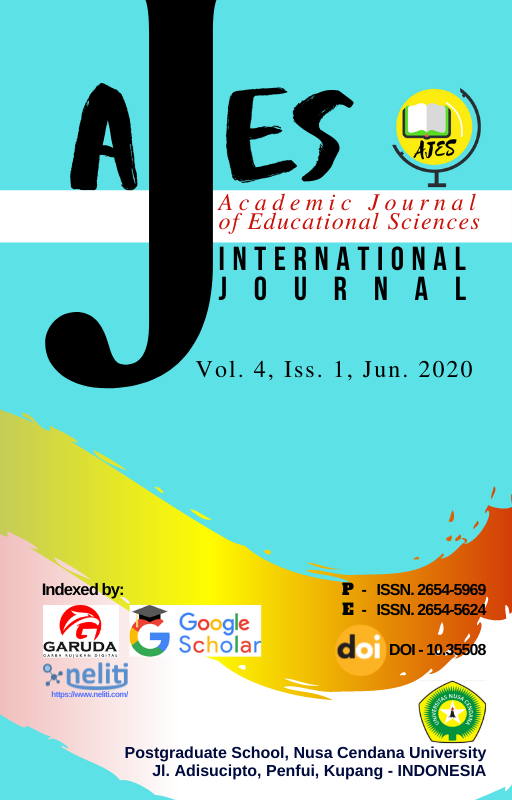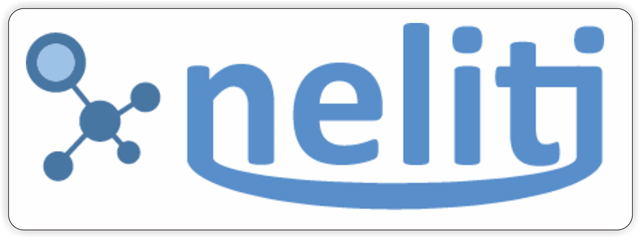REDEFINING OUR FORMAL EDUCATION
Abstract
In this article we argue that our formal education has failed, to a certain extent, to create good quality graduates, namely, those who
are not only competent and independent, but also slot zeus good in terms of such character traits as “grit, self-control, zest, social intelligence, gratitude,
optimism, and curiosity” (Tough, 2012: 76). Such a failure has been caused by some educational practices which are not pedagogically sound
like: institutional manipulations leading to our students’ highly consumeristic behaviours;nondialogical education; teacher-centered approach;
misunderstanding of teaching and learning; and, centralised education.To prevent such a failure, we suggest that our formal educational system
be redefined so that it will be capable of creating good quality education that, in turn, can help our students be more competent, independent, and
excellent in terms of the character traits mentioned. It can be done by applying such methods as Ivan Illich’s learning webs, Paulo Freire’s
dialogical education, and student-centered education in which teaching is seen as a means of faciliating students’ learning based on their
potentials, interests, and learning needs. In this sense, it is important that school curricula be also designed by each educational institution and
that each individual instituion has its own independent management system and networking system to make it more successful in achieving its
educational goals.
Downloads


 Feliks Tans(1*)
Feliks Tans(1*)






